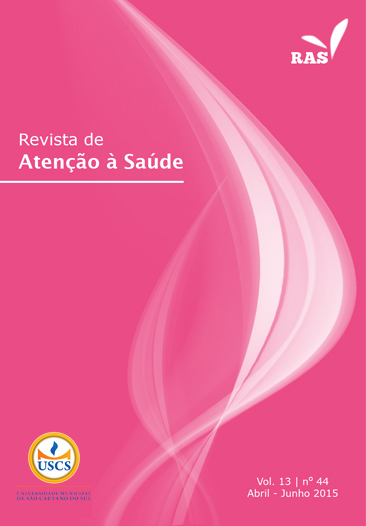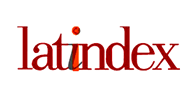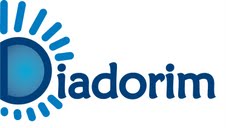PROTEIN INTAKE AND NUTRITIONAL NEEDS OF VEGETARIAN COLLEGE STUDENTS
DOI:
https://doi.org/10.13037/ras.vol13n44.2809Keywords:
Vegetarian diet, nutritional requirements, feeding behavior, protein needsAbstract
Introduction: Currently the vegetarian population is increasing significantly, and it is recommended thathealth professionals have the necessary knowledge of the subject and about possible risks and benefits ofthis type of diet. Vegetable protein sources contain lower protein content than animal and presents limitingamino acids. Therefore, vegetarians need to consume proteins in larger quantities. Objectives: To assesprotein intake and compare it to nutritional needs of vegetarian college students of University of Itaúna(MG). As secondary objective was research the nutritional status and the motives and claimed benefitsfor adopting a vegetarian diet. Methods: An analysis of protein intake through a quantitative questionnaireof food frequency containing food that have protein was performed. Protein concentration of thefood was assessed using a food composition table (TACO) and the table of portion sizes and comparedaccording to the Dietary Reference Intakes (DRI) as age, sex and weight. Results: The study included 30vegetarians. Of these, 56.7% were classified as semi-vegetarians, 40.0% ovolactovegetarians and 3.3%lacto-vegetarians. On protein intake, 76.7% of participants had adequate intake, and of this total, 66.7% were semi-vegetarians and 88.2% ovolactovegetarians. Regarding nutritional status, 63.6% of subjects were classified as normal,23.3% as undeweight grade I and 13.3% as overweight. Conclusion: Protein intake was reached by most of those surveyed.There was more appropriate level for semi-vegetarianism adherents. However, it is important to have a specific nutritionalcounseling for each type of vegetarian diet.Downloads
Downloads
Published
2015-05-29
Issue
Section
ARTIGOS ORIGINAIS
License
Policy Proposal for Journals offering Free Delayed Access
Authors who publish in this magazine agree to the following terms:
- Authors maintain the copyright and grant the journal the right to the first publication, with the work simultaneously licensed under a Creative Commons Attribution License after publication, allowing the sharing of the work with recognition of the authorship of the work and initial publication in this journal.
- Authors are authorized to assume additional contracts separately, for non-exclusive distribution of the version of the work published in this magazine (eg, publishing in institutional repository or as a book chapter), with the acknowledgment of the authorship and initial publication in this journal.
- Authors are allowed and encouraged to publish and distribute their work online (eg in institutional repositories or on their personal page) at any point before or during the editorial process, as this can generate productive changes, as well as increase impact and citation of the published work (See The Effect of Open Access).









